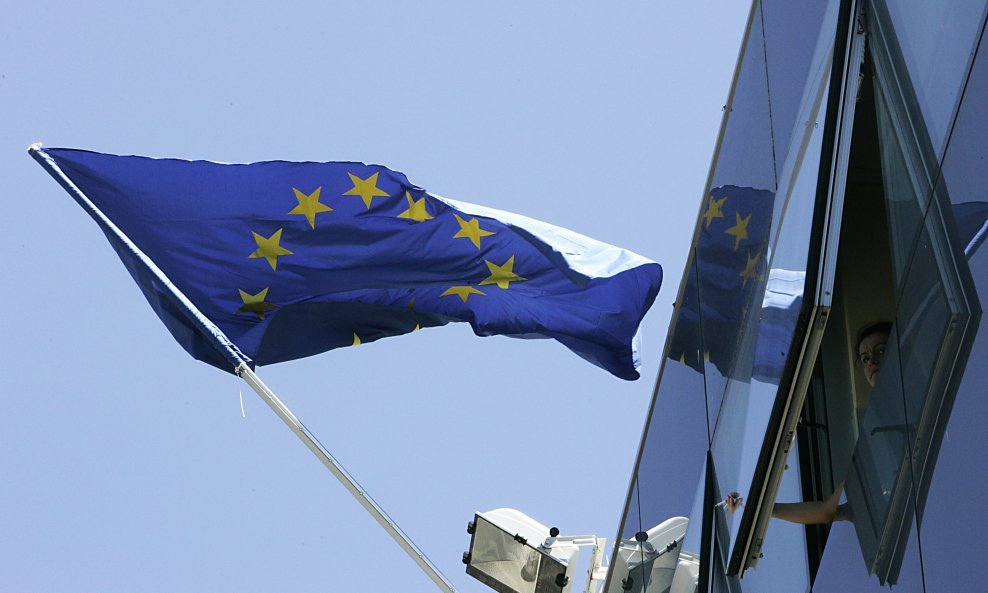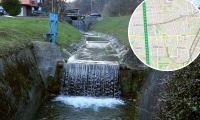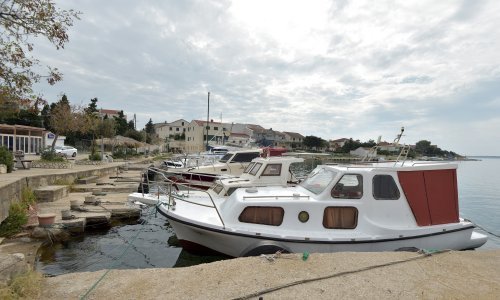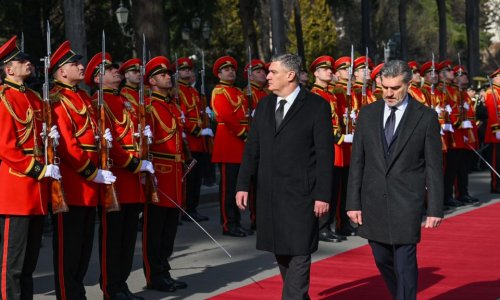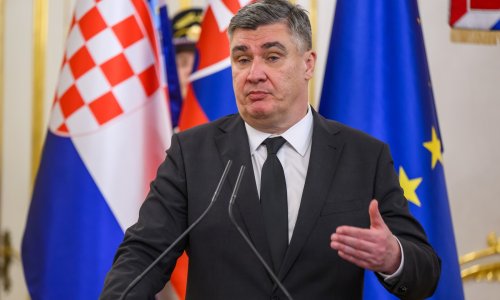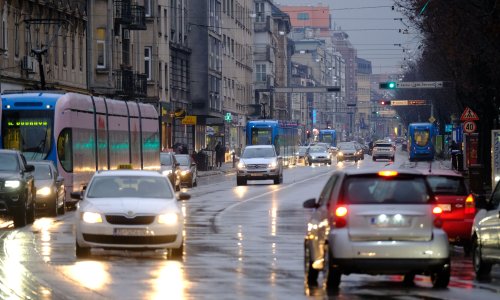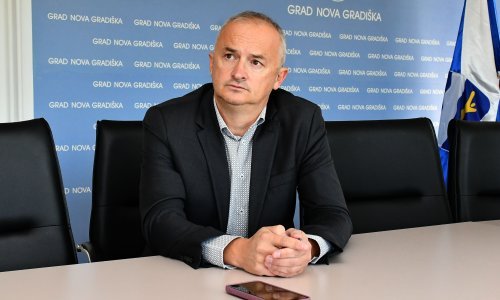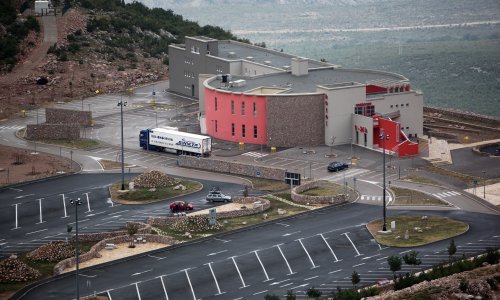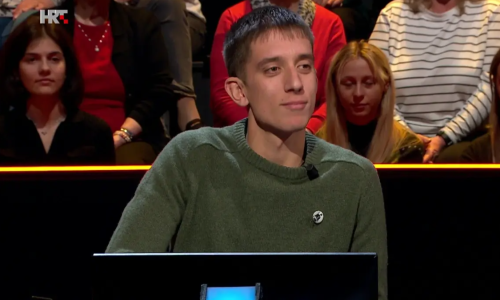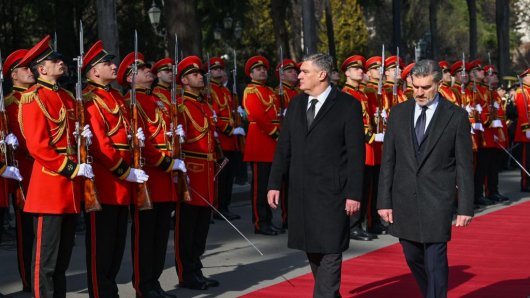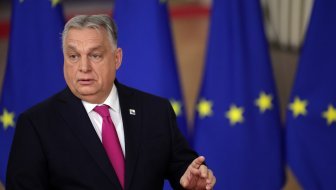Hungarian Foreign Minister Janos Martonyi said in Budapest on Wednesday that one should not tie Romania's entry into the Schengen area of free movement to Croatia's accession talks as those were separate issues that should be dealt with separately.
Whenever possible, one should avoid linking different things, otherwise you won't succeed in any of them, Martonyi told a group of correspondents from Brussels when asked to comment on statements by Romanian Foreign Minister Teodor Baconschi.
Baconschi told Romanian newspaper Adevarul in an interview published on Monday that he would request introduction of a Cooperation and Verification Mechanism (CVM) for Croatia if Germany and France continued to block Romania's admission to the Schengen area.
The CVM was introduced for Romania and Bulgaria to make the two European Union newcomers carry out remaining reforms in their judiciaries because they were not fully ready for EU membership when they joined the bloc.
The European Commission on Tuesday opposed the introduction of such a mechanism for Croatia.
The process of enlargement is based on one's own merits and is separate for each country. As far as Croatia is concerned, we are still not in a situation to discuss it. We strongly hope that we will not have to introduce the same mechanism for Croatia, as we do not think that the current mechanism for Bulgaria and Romania should set a precedent for any other country, said Natasha Butler, spokeswoman for European Enlargement Commissioner Stefan Fuele.
Martonyi reiterated on Wednesday that one of the goals of Hungary's EU presidency was the completion of Croatia's accession talks by the end of June.
He also said that he would support Bulgaria and Romania in joining the Schengen area as soon as possible.
EU foreign ministers were expected to discuss the admission of Bulgaria and Romania to the Schengen area in February, but Germany and France said last month that they would not support it until Sofia and Bucharest made progress in the fight against corruption and organised crime.



